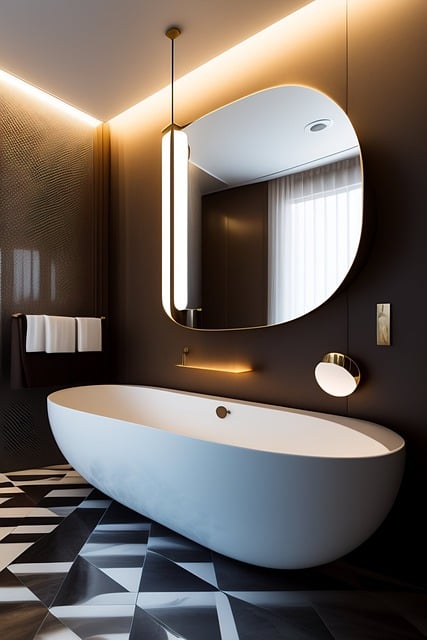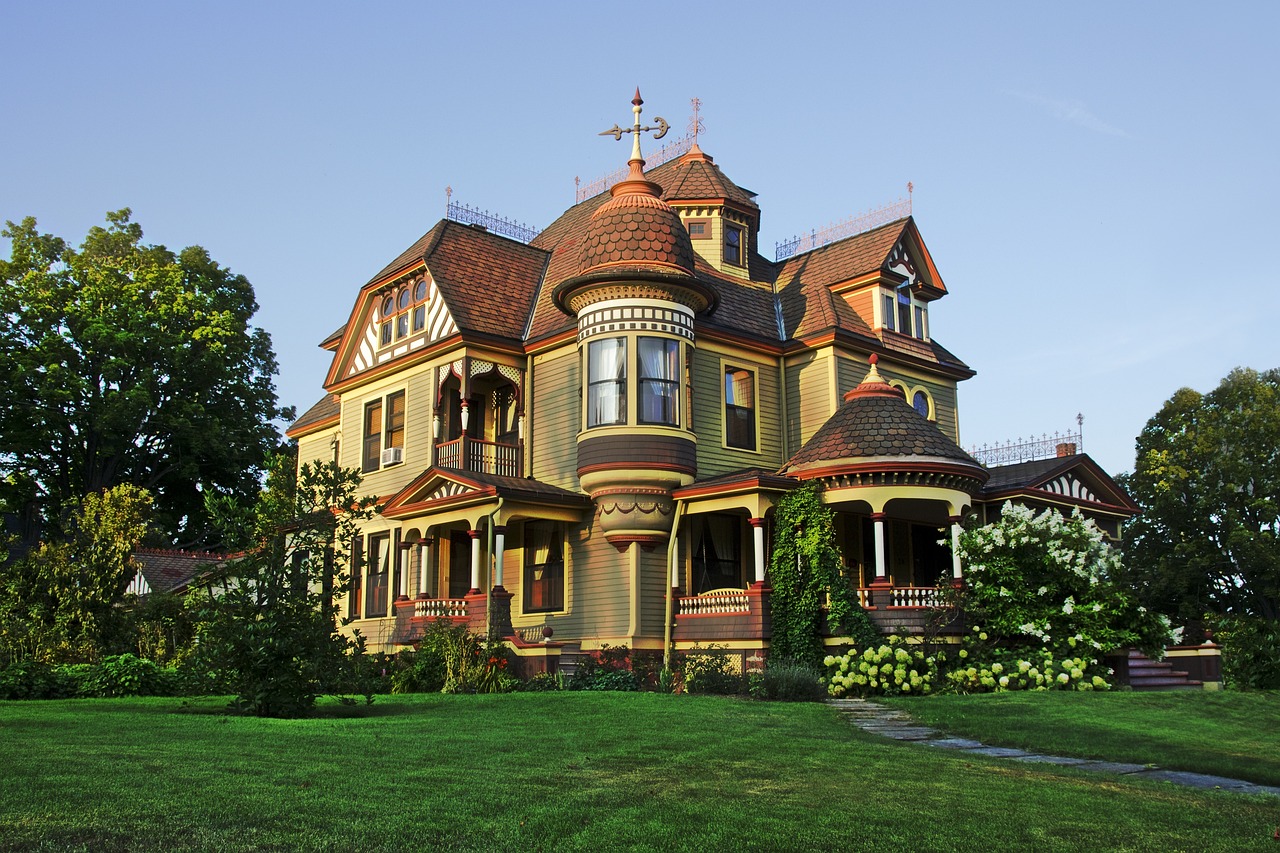
When you're thinking of starting a business as a bed and breakfast the question of how many rooms to offer is crucial to the success and profitability of your project. This article explores the different aspects to consider when determining the ideal number of rooms for a bed and breakfast business.
Before determining the ideal number of rooms, it is essential to understand what French law defines as a chambre d'hôtes. According to the regulations, a chambre d'hôtes is a furnished room in the home of an inhabitant, offered for rent by the night, together with services.
French legislation imposes clear limits on the number of rooms that an establishment can offer under the name "bed and breakfast" :
It is crucial to respect these limits, as exceeding them would take you outside the legal framework for B&Bs and subject you to different, potentially more restrictive, regulations.
The number of rooms you decide to open will have a direct impact on your income potential. The more rooms you have, the more guests you can welcome, but this also means additional costs and responsibilities.
Running a bed and breakfast requires time and energy. Each additional room increases the workload in terms of cleaning, maintenance and welcoming guests. It is essential to make an honest assessment of your ability to manage several rooms while maintaining a high level of service.
The size and layout of your property play a crucial role in determining the number of rooms you can offer. Each room must meet certain standards:
Fewer rooms can mean a more personalised and intimate experience for your guests. This can be a major advantage when it comes to standing out in a competitive market.
Benefits :
Disadvantages:
Benefits :
Disadvantages :
Advantages :

Disadvantages:
The ideal number of rooms may vary depending on the seasonality of your region. In very tourist, Having as many rooms as possible can be advantageous during the high season, but can be difficult to manage in the low season.
Starting with a small number of rooms can be a prudent strategy, allowing you to assess demand and your management capacity before considering expansion.
It is often preferable to focus on the quality of the welcome and service rather than trying to maximise the number of rooms. Satisfied customers are more likely to return and recommend your establishment.
Legal framework: Maximum 5 rooms and 15 people
Management: Assess your ability to manage the number of rooms you have chosen
Space: Make sure each room meets legal standards
Customer experience: Fewer rooms can lead to a more personalised experience
Profitability : Balance the number of bedrooms with your financial objectives
Flexibility: consider the possibility of gradually increasing the number of rooms
The ideal number of rooms for your bed and breakfast business depends on many personal, financial and practical factors. There is no single answer, but rather a balance to be struck between your objectives, your capabilities and legal constraints. By taking all these factors into account, you will be able to determine the configuration that suits you best and that will enable you to succeed in the rewarding adventure of running a bed and breakfast business.